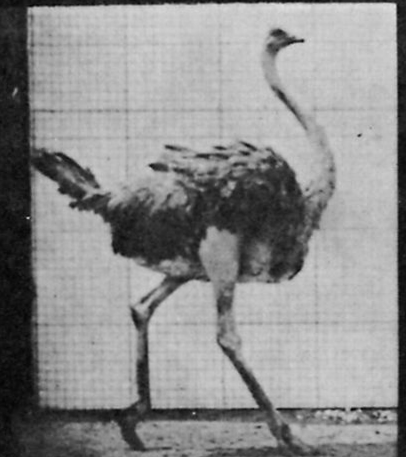Speaking of educated livestock: What do the animals know and when do they know it? Can they tell the earth is about to quake, or is this a story we tell ourselves because we want to steal some of disaster’s efficacy? It seems it may be the former. From the Economist:
SEISMOLOGISTS tend to greet the idea that some animals know when an earthquake is coming with a sizeable degree of scepticism. Though reports of odd animal behaviour before a quake date back at least as far as ancient Greece, the data are all anecdotal. They are also subject to vagaries of the human psyche: “confirmation bias” ensures that strange behaviour not followed by earthquakes gets forgotten, and “flashbulb memory” can, should an earthquake strike, imbue quotidian animal antics with great import after the fact. The US Geological Survey—arguably the world’s authority on earthquakes—undertook studies in the 1970s to find out if animals really did predict them, but came up empty-handed. However, the latest data, just published in Physics and Chemistry of the Earth, are not just anecdotal.
Friedemann Freund of San Jose State University, in California, and his colleagues considered the earthquake of magnitude seven that hit north-eastern Peru in August 2011. They found that, by coincidence, the nearby Yanachaga National Park had in the month running up to the quake been using nine so-called camera traps. These are employed to track the movements of rare or skittish animals, silently snapping pictures (for example, that above, of a paca) when motion sensors are triggered.
Well ahead of the tremor, the traps recorded up to 18 animals a day, but that number began to drop off steeply as the earthquake approached.•
Tags: Friedemann Freund

